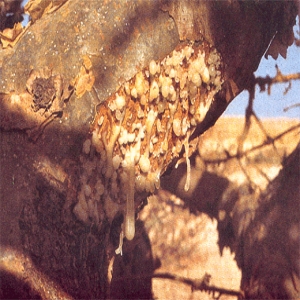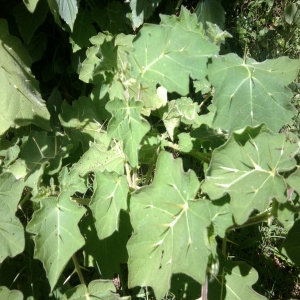Table of Contents
 Asthma is a disorder of the respiratory system. It occurs due to inflammation of the airways that obstructs air flow in the lungs, resulting in shortness of breath. It is chronic respiratory disease that is worsened by infections and allergies. Currently there is no cure for asthma. Keeping asthma under control by relaxing the bronchioles in the lungs is main objective of asthma treatment.
Asthma is a disorder of the respiratory system. It occurs due to inflammation of the airways that obstructs air flow in the lungs, resulting in shortness of breath. It is chronic respiratory disease that is worsened by infections and allergies. Currently there is no cure for asthma. Keeping asthma under control by relaxing the bronchioles in the lungs is main objective of asthma treatment.
Conventional treatment for asthma includes inhaled corticosteroids and medications that help in alleviating the swelling of the airways. However, prolonged use of pharmacological asthma drugs often causes unwanted side effects such as fungal mouth infection, sore throat and tongue infection and osteoporosis..
Fed up with the side effects of conventional asthma medications, frequently people suffering from asthma search for alternative natural treatment. Herbal remedies are widely used as an effective and safer alternative to pharmacological drugs for alleviating the symptoms of asthma and easing breathing.
Herbal Remedies For Asthma
Boswellia Serrata Gum
In Ayurveda, the resinous exudates of Boswellia serrata, known as Guggul, is recommended for reducing the symptoms of asthma and improving breathing. Boswellia serrata gum is a highly-rated expectorant. Laboratory studies have shown that boswellic acids, the key bioactive constituents in Boswellia, help in inhibiting synthesis of pro-inflammatory products that trigger bronchoconstriction.
A study published in the November 1998 edition of the European Journal of Medical Research revealed that about 75 percent asthma patients who took 300 mg of Boswellia serrata gum resin thrice a day for six weeks experienced significant improvement in the symptoms of bronchial asthma.
Fruit Of Piper Nigrum
The fruit of Piper nigrum, commonly known as black pepper, is an effective herbal remedy for asthma. Laboratory studies suggest that steroidal saponin present in black pepper acts as a muscarinic receptor antagonist (MRA).
MRA, by binding to the muscarinic acetycholine receptor, prevents the neurotranmistter acetylcholine from triggering contraction of the smooth muscles of the airways. People susceptible to asthma attack can take Piper nigrum powder with honey daily.
Solanum Xanthocarpum (Yellow Berried Nightshade)
Solanium xanthocarpum is an effective anti-asthmatic herb. A study published in the journal Phytotherapy Research in October 2004 reported the efficacy of the herb in alleviating breathlessness, cough and sputum in bronchial asthma patients.
The study revealed that people suffering from mild to moderate asthma who took 300 mg of the herb daily experienced significant improvement in respiratory function within 3 days. The bronchodilatory effect of the herb is comparable to standard anti-asthma theophylline drugs such as deriphyllin.
Ephedra Vulgaris
Ephedra vulgaris is recommended in Ayurveda for controlling asthma attack. Ephedrine, the key bioactive constituent in Ephedra vulgaris, is responsible for the anti-asthmatic effect of the herb. The bronchodilatory effect of the herb is comparable to that of the beta-2 andrenergic agonist drugs.
It helps in improving relaxation of the smooth muscles, thereby improving dilation of the airways in the lungs. Moreover, the antiviral effect of the herb helps in reducing the risk of respiratory infections that induce asthma attack.
Turmeric
Turmeric has been used for centuries in the Indian subcontinent for controlling asthma. People susceptible to asthma attack can take 3 to 10 grams of turmeric powder twice a day.
Studies suggest that the main active compound in turmeric, a polyphenol called curcumin, by inhibiting production of inflammatory compounds helps in reducing inflammation of the airways triggered by allergens.
Caution: Please use Home Remedies after Proper Research and Guidance. You accept that you are following any advice at your own risk and will properly research or consult healthcare professional.



